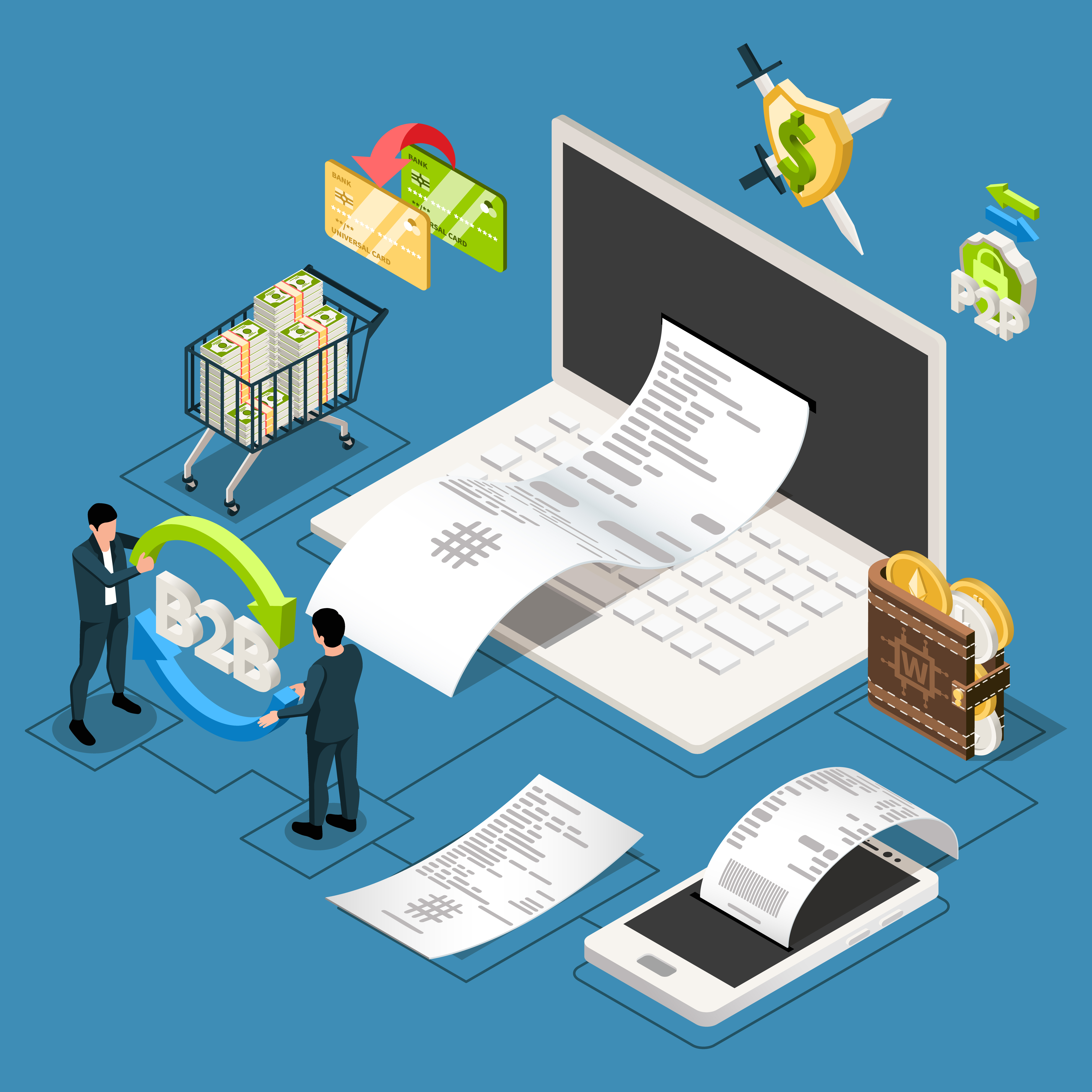Tools and Technologies for Remote Bookkeeping
In the ever-evolving landscape of business operations, remote bookkeeping has become a crucial aspect of financial management. As companies adapt to remote work environments, the demand for efficient and secure bookkeeping solutions has soared. In this article, we'll explore a range of tools and technologies that empower businesses to manage their finances seamlessly from any location.
Cloud-Based Accounting Software:
The cornerstone of remote bookkeeping lies in cloud-based accounting software. Platforms like QuickBooks Online, Xero, and FreshBooks allow for real-time collaboration among team members and provide secure access to financial data. With features like automatic bank reconciliation and customizable reports, these tools streamline bookkeeping processes, making them indispensable for remote teams.
Expense Management Tools:
Managing expenses efficiently is vital for maintaining a healthy bottom line. Tools like Expensify and Receipt Bank simplify the expense tracking process by allowing users to capture receipts digitally, automate expense categorization, and generate insightful reports. These tools not only save time but also enhance accuracy in tracking and managing expenses remotely.
Time-Tracking Software:
For businesses that bill clients based on hourly work, time-tracking software is essential. Applications like Toggl and Harvest help remote teams monitor their working hours accurately, ensuring precise invoicing. Integrating these tools with accounting software facilitates seamless billing and ensures that all billable hours are accounted for.
Collaborative Document Management:
Efficient collaboration is a key component of successful remote bookkeeping. Tools such as Google Workspace and Microsoft 365 enable real-time document sharing and editing. These platforms enhance communication between team members, allowing for collaborative financial reporting, budgeting, and analysis.
Secure Communication Tools:
Maintaining the security of financial data is paramount. Secure communication tools like Slack and Microsoft Teams provide encrypted channels for team discussions. Using these platforms ensures that sensitive financial information is shared securely, reducing the risk of data breaches and unauthorized access.
Blockchain for Enhanced Security:
Blockchain technology is gaining traction in the financial sector due to its unparalleled security features. While not yet widely adopted in bookkeeping, blockchain has the potential to revolutionize the way financial transactions are recorded and verified. Its decentralized nature ensures transparency and minimizes the risk of fraud, making it an area to watch for future developments in remote bookkeeping.
Automated Invoicing Systems:
To streamline the invoicing process, businesses can leverage automated invoicing systems such as Wave and Zoho Invoice. These tools allow users to create and send professional invoices automatically, reducing the time and effort required for manual invoicing. Automating this aspect of bookkeeping improves cash flow and ensures timely payments from clients.
Mobile Apps for On-the-Go Access:
In the era of remote work, having access to financial data on the go is crucial. Mobile apps offered by accounting software providers enable users to monitor financial transactions, generate reports, and manage expenses from their smartphones or tablets. This flexibility is invaluable for professionals who need to stay connected to their financial data regardless of their location.
Data Analytics for Informed Decision-Making:
Data analytics tools like Tableau and Power BI empower businesses to derive meaningful insights from their financial data. Remote bookkeepers can leverage these tools to create interactive dashboards and reports, facilitating informed decision-making. Analyzing trends and patterns in financial data becomes more accessible, allowing businesses to adapt and thrive in dynamic market conditions.
Cybersecurity Measures:
With the increasing reliance on digital tools, cybersecurity is a top priority for remote bookkeeping. Implementing robust cybersecurity measures, including antivirus software, firewalls, and regular security audits, ensures the protection of sensitive financial information. Education on cybersecurity best practices for remote team members is also crucial in maintaining a secure bookkeeping environment.
Conclusion:
In conclusion, the tools and technologies available for remote bookkeeping play a pivotal role in streamlining financial management for businesses operating in virtual environments. Cloud-based accounting software, expense management tools, and collaborative platforms enable seamless communication and collaboration among remote teams. As businesses embrace these technologies, they not only enhance efficiency but also fortify the security of their financial data. To further optimize bookkeeping processes, businesses may consider exploring the benefits of outsourcing through Expert Bookkeeping Outsourcing Services, providing a strategic solution for comprehensive financial management.




Comments
Post a Comment